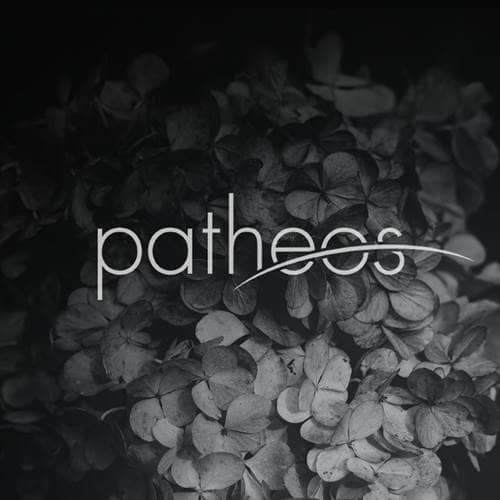- Trending:
- Pope Leo Xiv
- |
- Israel
- |
- Trump
- |
- Social Justice
- |
- Peace
- |
- Love

RELIGION LIBRARY
Eastern Orthodoxy
Sacred Texts
Eastern Orthodoxy, along with other Christians, treasures the ancient collection of Jewish scriptures, which they call the Old Testament, and the Christian scriptures, called the New Testament. For its Old Testament, Eastern Orthodoxy, like the Roman Catholic Church, uses the Septuagint, which contains ten books not found in the Jewish scriptures. Called the Deutero-Canonical Books, Orthodox Christians tend to view those ten as slightly lower in status than the rest of the Old Testament.
For Orthodox Christians, the Bible is one of the most treasured sources of holy tradition. However, it is not sufficient by itself as the source of the Christian's faith. The sources of holy tradition work in concert, mutually illuminating each other and revealing their meaning in the context of the church. This article outlines the relationship between the Bible and the church in Orthodox belief.
Orthodoxy is a profoundly scriptural tradition. The Bible is God's revelation to humanity, the paramount expression of all that is essential to life and salvation. However, the Orthodox tradition does not encourage approaching the Bible outside of the church and its traditions. A single believer, no matter how sincere, cannot properly come to terms with the full meaning of the Bible on his or her own. In one sense this is because the meaning of the Bible is not always self-evident. In addition, the Bible itself discourages solitary interpretation (Acts 8:26-31; 2 Pet. 1:20).
The Church teaches that it precedes the Bible and therefore has authority over it. In the first several centuries of Christian history, there was no Bible. Numerous documents circulated in and between Christian communities, including a host of Gospel accounts and related stories about Jesus, numerous epistles and books of revelation, and some two dozen books chronicling the activities of the apostles. Many of them were read out loud when Christians gathered to worship. These documents were written by members of the Church in response to the growing experience of the Church. It was the Church that ultimately determined which of these books contained authentic revelation, thereby creating the Christian New Testament. In an Eastern Orthodox perspective, the Bible was not the foundation of the Church; the New Testament emerged from within the life of the Church.
The Bible was also not the reason for the spread of the new faith. Men and women were already giving their lives as martyrs even before St. Paul wrote his first letter. They were converted to a new faith in Jesus because they heard about it in sermons. It was through preaching, and precious traditions handed from one generation to another, that people, and eventually even the Roman Empire, were converted. Eastern Orthodoxy teaches that the sermons and the traditions were inspired, preserved, and guided by the Holy Spirit, and that the Church was guided by the Holy Spirit to know which gospel accounts, letters, and other documents were truly apostolic in origin. To read the Bible outside of this context is to dispense with the sources of meaning that are essential to true understanding. To underline this point, new converts vow to "accept and understand Holy Scripture in accordance with the interpretation which was and is held by the Holy Orthodox Catholic Church of the East, our Mother."
While biblical interpretation has recently been a dynamic field of study in the West, sometimes generating great controversy, Eastern Orthodoxy has not been focused on this avenue of scholarship. While in principle Eastern Orthodoxy is not opposed to critical and historical methods of biblical interpretation, Orthodox scholars have yet to make a substantial contribution to the field.
Study Questions:
1. What scriptures do Eastern Orthodox followers utilize? How do these scriptures perpetuate tradition across community?
2. How do Eastern Orthodox followers understand the Bible? How does this differ from many other Christian traditions?
3. What is the role of the Holy Spirit within Orthodox biblical interpretation?










